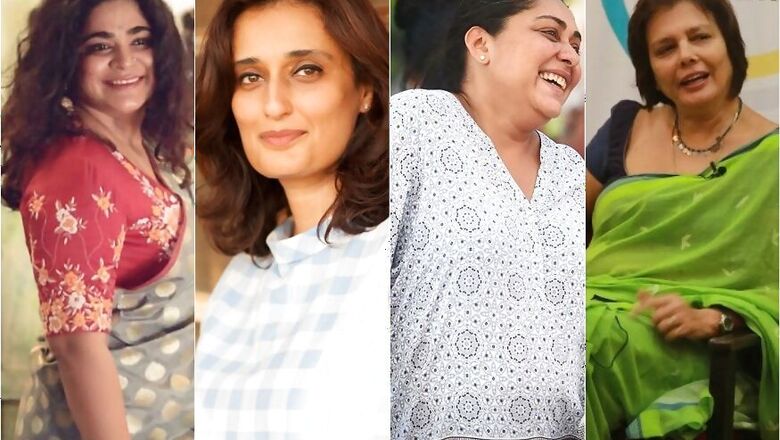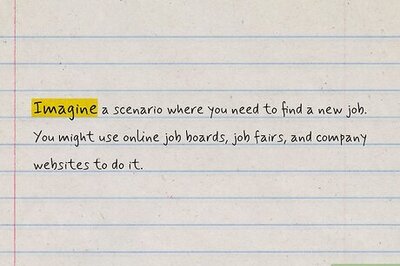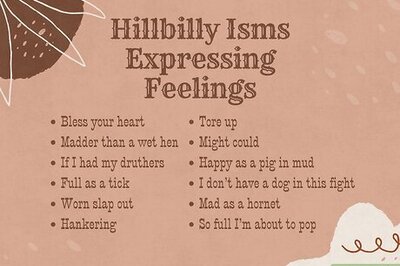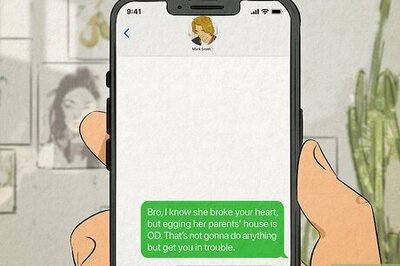
views
So often, films driven by a predominantly female cast or complex female characters that contribute significantly to the story, are described as women-centric or feminist.
Even though it is done with an intent to highlight movies that are written, directed, produced or starring women, many leading female filmmakers find the labelling redundant as they believe that their stories have resonance beyond being women-centric.
Earlier this year, at the trailer launch of Chhapaak, director Meghna Gulzar had interrupted a female reporter to request her to not call the film 'women-centric.'
"My stories indeed have strong female characters unlike other conventional films, but they are not the stories only about women. I really hope that my films say a lot more than being just a woman-oriented story," Gulzar had said at the time.
During an interview with us, Ashwiny Iyer Tiwari had echoed a similar sentiment, pointing out that tagging films as feminist or women-centric leads to their "compartmentalisation" into a single space.
"We should stop putting stories into women empowerment or women-centric category because we never do that for men. We never say male-centric or male empowerment film. The audience doesn't come to the theatres thinking this way. They just come to watch a film for a story. The audience is willing to explore new ideas but we're underestimating them by sticking stories with women-centric or feminist label," she had said.
Therefore, on the occasion of International Women's Day, we spoke to a series of incredibly talented women from the industry in order to discuss whether they agree with these classifications. Here's what they said:
Ruchi Narain; Director
If your content is feminist, I don't think you need also to say it's feminist. And actually, if you do, you may alienate people. Maybe it's just better for them to watch it. Eventually what you make is what it is. The aim also of everyone else is to get as many people to taste that and then if they like it, they will watch it. If you try say something through the film, they'll get it. They may or may not agree with it but at least they will hear you.
Sooni Taraporevala; Director
Labels hurt more than they help, and they box you into categories. One should always try and break out of those boxes.
Shivani Saran; Producer
One thing I learnt early on was, 'Once a film is released, it becomes the universe's.' You could call it a thriller, a comedy, man's story, woman's story or a feminist story, but you can't control how people take it. Just put it out there. I believe that labels leave more than they actually include. And, that happens a lot with the feminist world. So, just probably leave out the labels and whichever audience is attracted to it, will watch it. The word of mouth is great nowadays, so the audience will find the stories they want to watch.
Anvita Dutt; Lyricist-screenwriter
We are many things. Even if you look at our mythology, there are many names of the goddess. So, don't call us one thing. And, it's not even a genre. A film is either a good story or not.
Seher Latif; Casting director, producer
Let's not spoonfeed people. Let them come and discover things for themselves. Also when you watch something, there's so much yourself that you bring to it, in a sense that where you are in life or what your experiences have been. So, I think putting those labels harms more than it helps.


















Comments
0 comment